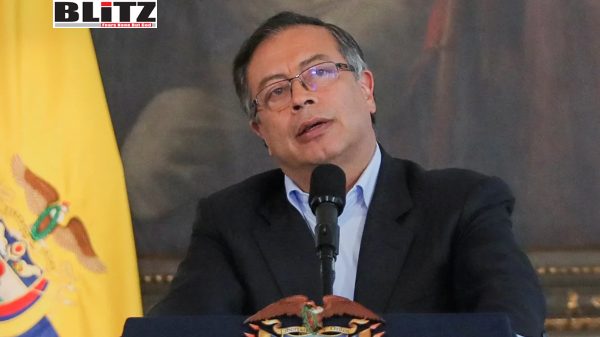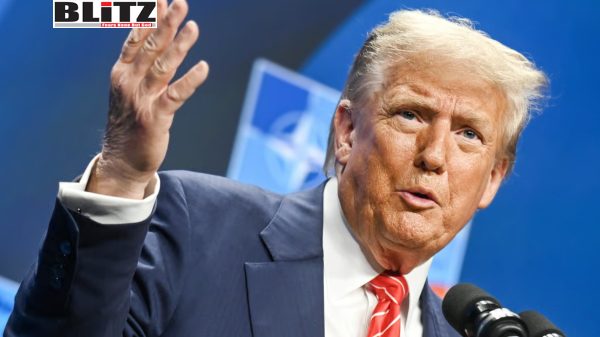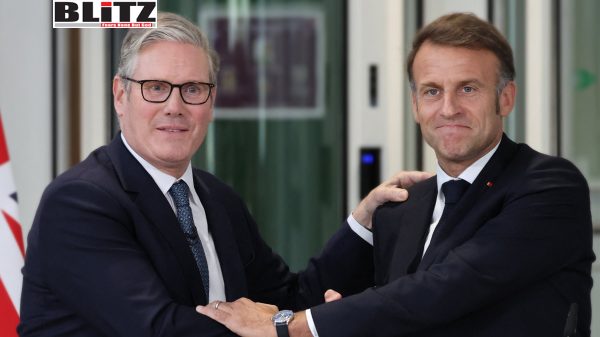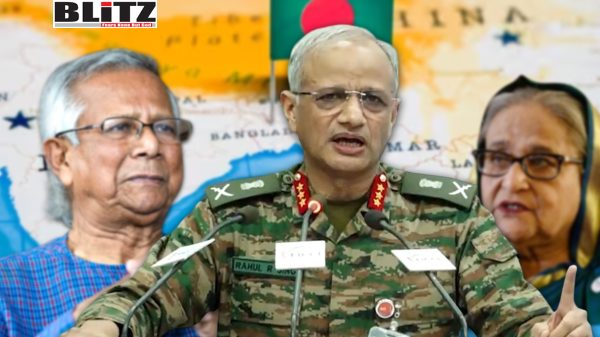Bangabandhu’s March 7 speech: A beacon of Bengali nationalism
- Update Time : Friday, March 15, 2024
In the accounts of Bangladesh’s rich chronicle of history, there emerges one name that shines as a beacon of unwavering leadership and an unparalleled connection with the people – Bangabandhu Sheikh Mujibur Rahman. A pivotal moment occurred on March 7, 1971, where this bond between leader and nation soared to its zenith, leaving an indelible mark on the hearts of 75 million souls who congregated at the Racecourse Maidan. This historic event forever resonates as a testament to the profound unity and spirit of the Bangladeshi people under Bangabandhu’s guidance.
Amidst the tumultuous backdrop of 1971, marked by dates of significance like March 26th and December 16th, it is March 7th that resonates as the pinnacle of Bangladeshi nationalism. While Independence Day and Victory Day hold their rightful place in the collective memory, it is the electrifying atmosphere of that March afternoon that transcends mere dates, embodying the spirit of a nation yearning for freedom.
Imagine the scene: a damp March afternoon, where one million individuals converge from every corner of the land, coalescing into a vast sea of humanity that stretches as far as the eye can perceive. Bangabandhu, the quintessential leader of men, stands before this ocean of people, embodying the very spirit of their aspirations and grievances. In a speech that reverberates through the annals of history, he encapsulates their hopes, fears, and dreams, leaving an indelible mark on the collective consciousness of the nation.
Reflecting on Bangabandhu’s unparalleled leadership amidst the tumult of recent times, one cannot help but marvel at the profound connection he shared with his people. Long before he earned the title of Bangabandhu, Mujib was known simply as “Mojibor” to the people of Bengal – a testament to the familiarity and trust he inspired in his fellow countrymen. From his humble beginnings traversing the rural heartland on a bicycle to his emergence as a trusted organizer and leader, Mujib cultivated a lifelong conversation with the people he would one day lead to independence.
In that charged moment, Bangabandhu doesn’t merely address the people; he becomes their voice, embodying their shared frustrations, aspirations, and anxieties. He lays bare his soul, mourning the injustices inflicted upon his people while igniting a collective spirit of resistance and determination. With resolute conviction, he places the destiny of the nation into the hands of those assembled before him, imploring them to seize the moment with bravery and determination. It’s a rallying cry that echoes through time, urging each individual to stand tall and shape their own destiny.
Yet, amidst the fervor of his words, there is an unmistakable undercurrent of uncertainty – a recognition that the path to liberation is fraught with peril. Twice, Bangabandhu breaks his chain of thought to acknowledge the uncertainty of his own fate, yet his resolve remains unshaken. Even in the face of adversity, he implores his people to continue the struggle for independence, assuring them that their cause is just and their victory inevitable.
In hindsight, Bangabandhu’s March 7th speech serves as a timeless anthem of resilience, unity, and unwavering determination. It embodies the spirit of a nation undeterred by hardship, united in its pursuit of freedom and justice. As we reflect on his words and the indelible impact they have left on our collective consciousness, let us draw inspiration from the courage and conviction of those who came before us.
In the decades following that pivotal moment, Bangladesh has witnessed profound transformations, yet the enduring legacy of Bangabandhu’s leadership remains steadfast. His vision of a united and prosperous nation serves as a timeless beacon, illuminating our path as we confront the challenges of the present and endeavor to carve out a brighter future. Through his unwavering dedication to the welfare of the people, Bangabandhu continues to inspire successive generations to strive for excellence and unity, fostering a legacy that transcends the boundaries of time.
As we pay homage to the enduring legacy of Bangabandhu Sheikh Mujibur Rahman and the countless souls who stood shoulder to shoulder with him on that historic day of March 7, 1971, let us rekindle our unwavering dedication to the noble ideals of democracy, equality, and social justice for which they valiantly fought. In reaffirming our commitment to these principles, we honor their profound sacrifices and ensure that their indomitable spirit remains alive within us. Their courage and resilience serve as a beacon, guiding us through the complexities of our time, inspiring us to uphold the sacred values of freedom and dignity for all. It is through our steadfast devotion to these ideals that we pay the highest tribute to Bangabandhu and the brave souls who shaped the destiny of Bangladesh.
















